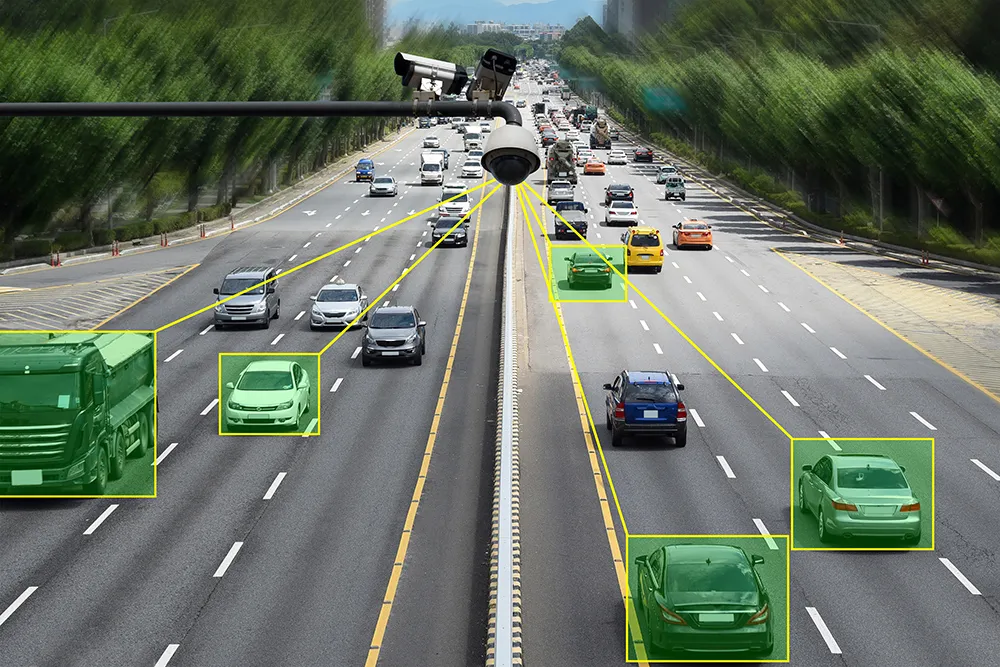TRL, the UK’s Transport Research Laboratory, has developed proposals for technical requirements and test procedures for the European type-approval of eCall in-vehicle systems. The draft proposals, which were developed for the European Commission, provide recommendations on the safety requirements for eCall systems in preparation of the mandatory European roll-out in 2018.
Following the publication of eCall Regulation (EU) 2015/758 in May 2015, TRL was commissioned by the European Commission to develop dr
November 11, 2015
Read time: 3 mins
Following the publication of eCall Regulation (EU) 2015/758 in May 2015, TRL was commissioned by the European Commission to develop draft proposals for the delegated acts of the regulation, which will set out the detailed technical requirements and test procedures for eCall systems. The proposals seek to set minimum standards for eCall systems in Europe to ensure that all systems work as intended, even after a severe collision.
As part of the project, TRL analysed and developed test requirements and procedures for seven technical aspects including: resistance of eCall systems to severe crashes (sled test); full scale impact test; crash resistance of audio equipment; co-existence of third party services (TPS); automatic triggering mechanism; in-vehicle system self-test and privacy and data protection.
Twelve telematics units were used for experiments in the dedicated deceleration sled test element and operability verification test procedures, which set out to measure the mechanical resistance of eCall systems to severe crashes at accelerations up to 100 g. These units were designed, produced and provided to TRL by Stadium United Wireless and included the telematics control module (ECU), containing the printed circuit board with GSM and GNSS modules, SIM card holder and SIM card, capacitors and other electronic components.
The test programme was designed and carried out by TRL using its in-house high-energy test sled facility, which uses a bungee propulsion system and deceleration elements to achieve severe deceleration levels. A physical and electronic inspection, via current consumption and GPS/GSM functionality, was carried out by Stadium United Wireless at the end of the tests which concluded that all samples remained undamaged, even after being subjected to a deceleration of over 100 g.
Matthias Seidl, senior vehicle safety researcher at TRL, commented: “Our in-house test sled allows us to simulate collisions with peak decelerations considerably higher than most current vehicle tests. These high levels are necessary to ensure that eCall systems are still able to make an emergency call, even after a severe crash.”
“The results of the tests enabled us to develop stringent, but practical, test procedures for eCall systems. This will ensure that poor system designs, which could jeopardise the safety of road users, will not be allowed onto the European market. The results can also be used to help shape the technical discussions at an international level in order to ensure that the same level of protection is provided to road users around the world. In fact, the suggested European standards have also been proposed to the United Nations working group on automatic emergency call systems.”







